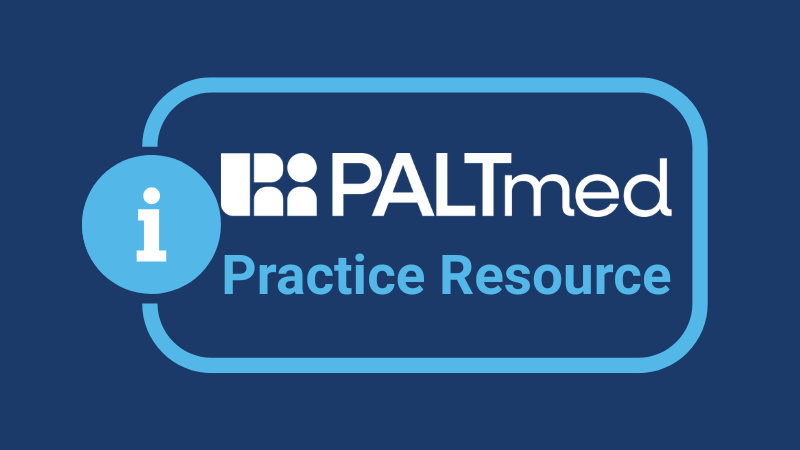August 10, 2023
Infections will always be a concern in post-acute and long-term care (PALTC), but AMDA’s Infection Advisory Subcommittee will provide support, guidance, and resources. As Vice Chair Muhammad Salman Ashraf, MBBS, said, “Our subcommittee is focused on advancing infection control and antimicrobial stewardship practices, as well as supporting PALTC practitioners in managing various infections.”
During the COVID-19 pandemic, the group worked tirelessly to provide updates on vaccines and treatments, plus infection prevention and control guidance. However, their work didn’t stop as the pandemic slowed down. “Our focus shifted to providing resources on issues such as antimicrobial stewardship,” said Dr. Ashraf. The group led sessions on infection-related topics at PALTC23 and submitted additional proposals for PALTC24. In addition, they recently presented an AMDA webinar on RSV burden and vaccines that was very well received, and they will provide support for updates to the AMDA Immunization Toolkit.
Moving forward, said Chair Ghinwa Dumyati, MD, enhanced barrier precautions are a topic of discussion. As she explained, “We will be addressing how to prevent multidrug-resistant organism transmission in the long-term care setting, working to educate team members and clear up any confusion. We are planning a workshop on this topic for next year’s annual conference, including information on preventing Candida auris transmission.”
Drs. Dumyati and Ashraf and their group encourage facilities and their teams to go “back to basics.” Dr. Dumyati said, “We need people to focus on addressing things like hand hygiene, appropriate use of gloves, masking, and isolation procedures. We need to educate everyone about the basics and monitor to ensure they are following the protocols.”
Dr. Ashraf added, “Many places had a hard time maintaining antimicrobial stewardship during the pandemic due to shifting focus on COVID-19, and we need to get this effort back up and running.” He suggested this should include the implementation of easy-to-follow antibiotic use protocols.
Among the best practices from the pandemic, said Dr. Dumyati, “The reporting that took place through NHSN was a big achievement and will be the future of surveillance for health care-associated infections in the nursing home.” She added, “The process was difficult, but we were able to do it, and people got better at reporting. This will continue and will change how we do surveillance and track infections in this setting.”
Two essential concepts were validated during the pandemic and, the duo noted, will continue to be part of infection prevention and control as well as management. “One that proved useful is how nursing homes were able to utilize point-of-care testing. It involves a great deal of learning and time commitment, but it was an idea that was validated,” Dr. Ashraf said. Dr. Dumyati added, “The need for collaboration between acute care, public health, and nursing homes also became apparent during the pandemic. We learned that this is key to preventing and managing infections, as well as controlling outbreaks, and we hope this will continue in the months and years ahead.”
Another lesson learned that needs to continue is the importance of the infection preventionist (IP) and the team support for this individual. “The IP is the point person and oversees the infection prevention and control program, but they need support from others. Everyone has to know their role and participate accordingly,” Dr. Ashraf said. “We also have to give the IP time to achieve their goals and do their work. They need dedicated time to do this job.”
You don’t need to be an expert in infectious diseases or infection control to serve on this subcommittee. Dr. Ashraf said, “We welcome anyone interested in strengthening infection prevention, treatment, and control in the nursing home who wants to promote appropriate antibiotic prescribing.” Dr. Dumyati added, “We need people interested in translating research into practice.” They stressed that membership isn’t limited to physicians. “It is a multidisciplinary group. All team members have a role to play, and we need their expertise,” Dr. Ashraf said.




